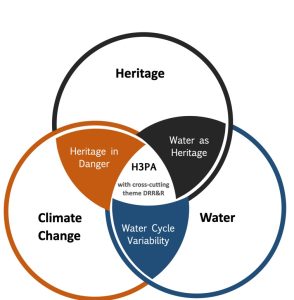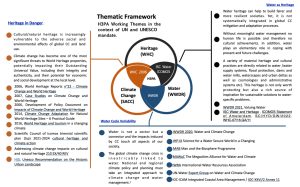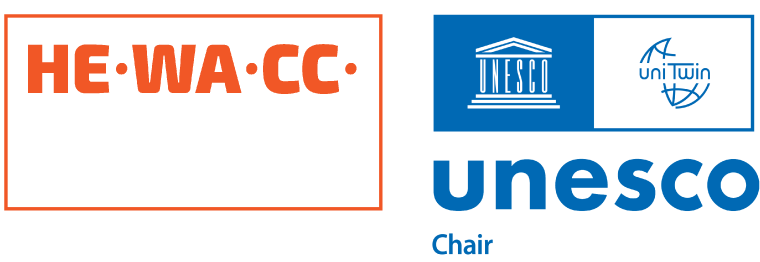UNITWIN is the abbreviation for the University Twinning and Networking Programme. Established in 1992, this UNESCO programme was conceived as a way to advance research, training and programme development in higher education by building university networks and encouraging inter-university cooperation through the transfer of knowledge across borders.
The primary objective of the Programme is to advance research and training by establishing UNESCO Chairs and UNITWIN Networks in institutions of higher education.
The UNITWIN/UNESCO Chairs Programme provides the academic community with the opportunity to become affiliated with UNESCO, and to contribute directly to the implementation of UNESCO’s strategic objectives, as well as to the achievement of the Millennium Development Goals (MDGs).
Its main objectives are:
To achieve this aim and meeting its goals HEWACC will:

To achieve this aim and meeting its goals HEWACC will:
Its main objectives are:
To achieve this aim and meeting its goals HEWACC will:

To achieve this aim and meeting its goals HEWACC will:

Haliç University aims to draw attention to global problems with its academic studies and research and to produce solutions through international agreements. The university’s studies focusing on heritage, water and climate change in this context have gained a global dimension with the cooperation with UNESCO.